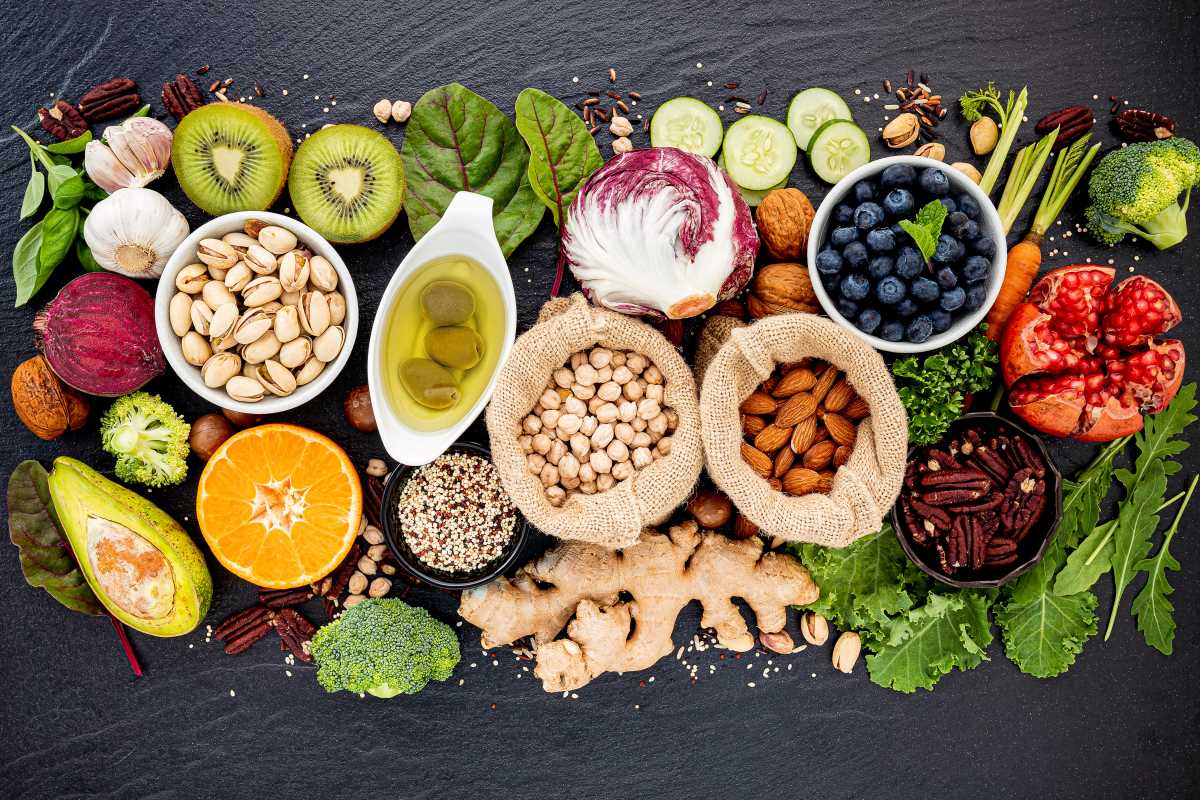Growing older often brings a greater appreciation for keeping our minds sharp and our cognitive functions intact, which plays a vital role in leading a fulfilling life. For seniors seeking a gentle and tasty method to nurture their brain health, herbal infusions offer a wonderful solution. Imagine winding down your day with a calming cup of chamomile tea, or kickstarting your morning with a refreshing mix that includes ginkgo biloba. These soothing beverages not only establish a comforting daily ritual but also contribute positively to maintaining cognitive wellness, making them an ideal choice for those wishing to support their mental acuity naturally.
Understanding Herbal Infusions
Herbal infusions are beverages made by steeping herbs, spices, or other plant materials in hot water. Unlike traditional teas that come from the Camellia sinensis plant, herbal infusions utilize a variety of botanicals, each bringing its own unique flavor and health benefits. Here are some popular types:
- Chamomile: This herb is known for its calming properties.
- Ginkgo Biloba: Many use this herb to enhance memory and cognitive function.
- Lavender: People commonly use this herb to reduce anxiety and promote relaxation.
- Green Tea: This tea is rich in antioxidants and supports brain health.
- Peppermint: This herb is great for improving concentration and energy levels.
The Cognitive Benefits of Herbal Infusions
Incorporating herbal infusions into a daily routine provides several cognitive benefits, especially for seniors:
- Enhanced Memory: Herbs like ginkgo biloba show improvement in memory recall and overall cognitive function.
- Improved Focus: Peppermint and green tea help increase alertness and concentration.
- Stress Reduction: Chamomile and lavender infusions lower stress levels, benefiting mental clarity.
- Antioxidant Protection: Many herbal teas contain antioxidants that protect brain cells from damage.
- Mood Enhancement: Certain herbs boost mood and alleviate symptoms of depression and anxiety.
Popular Herbal Infusions for Seniors
Different herbs cater to various aspects of cognitive health. Here are some favorites among seniors:
- Ginkgo Biloba: This ancient herb is renowned for enhancing blood flow to the brain, which improves memory and cognitive speed. Regular consumption may help delay age-related cognitive decline.
- Green Tea: Packed with catechins and L-theanine, green tea supports brain health and provides a gentle energy boost without the jitters associated with coffee.
- Rosemary: This herb links to improved memory and concentration, and rosemary infusions may also have anti-inflammatory effects that benefit overall brain health.
- Turmeric: Known for its powerful anti-inflammatory and antioxidant properties, turmeric protects the brain from oxidative stress and improves cognitive function.
- Lavender: Beyond its calming effects, lavender reduces anxiety and improves sleep quality, both essential for cognitive health.
Incorporating Herbal Infusions into Daily Life
Integrating herbal infusions into your routine is simple and enjoyable. Here are some practical tips:
- Morning Ritual: Start your day with a cup of green tea to boost alertness and set a positive tone.
- Afternoon Break: Enjoy a peppermint infusion in the afternoon to maintain focus and energy levels.
- Evening Wind-Down: Sip on chamomile or lavender tea in the evening to relax and prepare for restful sleep.
- Stay Hydrated: Replace sugary drinks with herbal infusions to stay hydrated while supporting your health.
- Experiment with Blends: Combine different herbs to create unique flavors and maximize cognitive benefits.
Considerations and Precautions
While herbal infusions are generally safe, seniors should be mindful of certain factors to ensure these drinks support rather than hinder cognitive function. Consulting with a healthcare provider before adding new herbs to your diet proves crucial, especially if you take medications or have underlying health conditions. Some herbs interact with medications or cause allergic reactions. Moderation remains key, as excessive consumption of certain herbs may lead to adverse effects. Always source high-quality, organic herbs to avoid contaminants and ensure maximum benefits.
 (Image via
(Image via.jpg)





